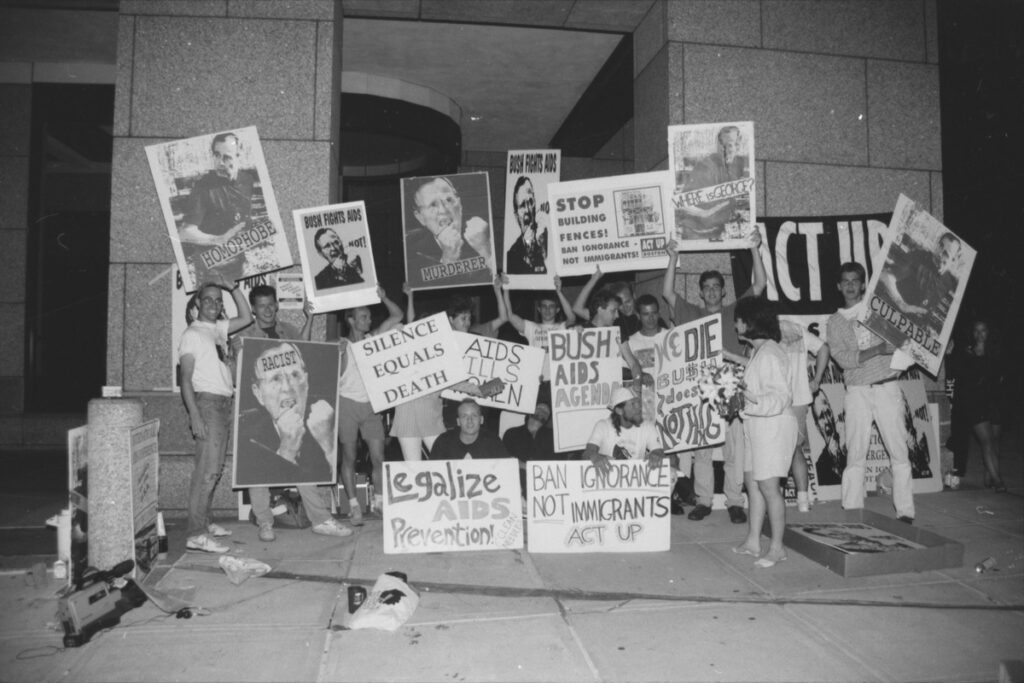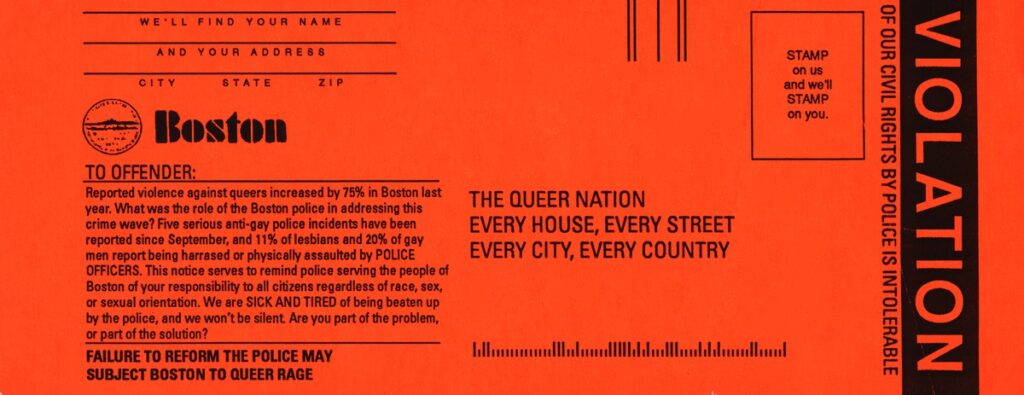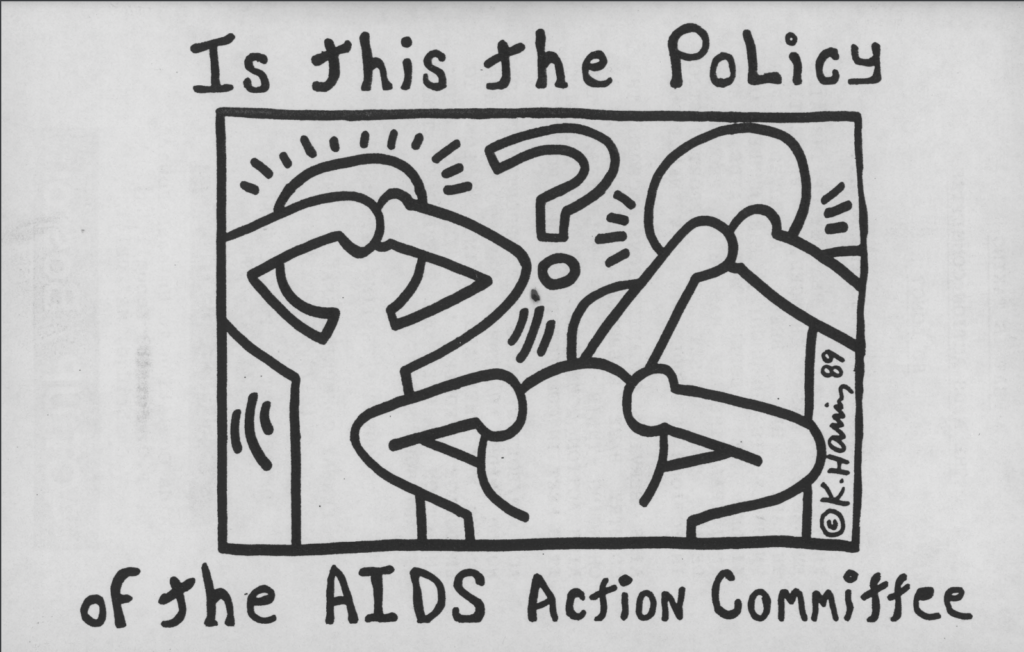
Nearly 30 years removed from the peak of the AIDS crisis, it is difficult for many young queer individuals to imagine not only the fear, but also the organized action that occurred throughout the LGBTQ+ community to rally support for those affected. The 1980s and ’90s especially were filled with opportunities for many within the community to find solace in one another and find their voices to try to change things and improve the lives of those dying from AIDS as well as those who had survived the infection.
But what happened to generate the steadfast work toward saving the lives of those affected by AIDS, or those who have been historically more susceptible to its spread? What finally pushed not only the government to authorize such work, but also pharmaceutical companies to pursue solutions?
Northeastern’s Archives and Special Collections (NUASC) holds a trove of valuable archival collections documenting the organizing efforts of the queer community in Boston during the ’80s and ’90s. The ACT UP/Boston (David Stitt) and ACT UP/Boston (Raymond Schmidt and Stephen Skuce) collections provide information on demonstrations and organizing by ACT UP (AIDS Coalition To Unleash Power). Administrative records exist alongside protest ephemera that can give present-day researchers an idea of the common talking points and demands that were being made regarding AIDS treatment and medication throughout the country at this time.

The ACT UP collections are also special because they display the intersection of art and organizing in ways that emphasize the importance of artists being involved in social movements. A striking example is this ticket issued to the Boston Police Department by the group Queer Nation, citing statistics of violence committed by individuals and the BPD against the LGBTQ+ community. Utilizing an item that so many recognize instantly, such as a parking citation, and subverting its purpose to convey information about the institution that issues such citations allowed organizers to gain attention and critically engage the public.

Keith Haring, who has become a symbol of not only the AIDS crisis organizing but queer culture in general, is also present in NUASC’s collections, providing art that emphasized the AIDS Action Committee’s inaction from the perspective of the LGBTQ+ community. Haring’s art is often associated with queer joy and the nuance of queer experience. Seeing Haring’s familiar figures put into conversation with a demand for more action from within the queer community is a unique contrast.
June is a month to celebrate LGBTQ+ individuals and reflect on the past. To learn more about the social organizations working for justice for those with AIDS in Boston, NUASC’s Digital Repository Service and digital exhibition Boston’s LGBTQA+ History are great places to start.
Sources
“ACT UP members protest George Bush’s response to AIDS.” ACT UP Boston (Robert Folan Johnson) collection (Z15-005). University Library Archives and Special Collections Department.
“Ticket issued by Queer Nation against Boston Police Department.” ACT UP Boston (Robert Folan Johnson) collection (Z15-005). University Library Archives and Special Collections Department.
“Is this the policy of the AIDS Action Committee?.” AIDS Action Committee of Massachusetts, Inc., records (M61). University Library Archives and Special Collections Department.